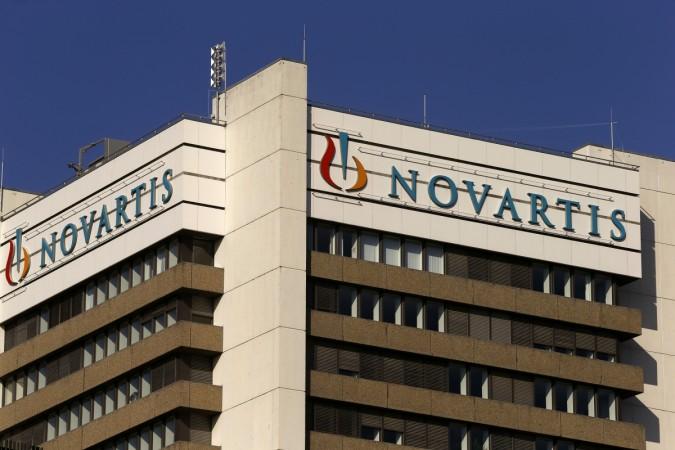
Eighty-two percent of children and young adults treated with modified immune cells in an experimental cancer therapy developed by Novartis AG went into remission, the company said on Saturday.
As many as 50 patients with acute lymphoblastic leukemia underwent took the drug CTL019, which is made by genetically altering a patient's T-cells, a type of white blood cell, in the lab to help the immune system find and kill cancer cells. The modified cells are then infused in to the patient's bloodstream.
Around 41 of the 50 patients were disease-free three months after the treatment, 60 percent of those responders were relapse-free after six months, Novartis said at a meeting of the American Society of Hematology in San Diego.
Nearly 50 percent of the trial patients experienced severe cytokine release syndrome, a complication occuring due to use of T-cells. There is buildup of toxic debris in the patient's body. At least 15 percent of the patients experienced serious neurological problems such as delirium.
However, no patients died due to the toxic debris.
"We have learned that the patients who come in with more leukemia in their body have a much higher risk of getting sick," said Dr Stephan Grupp, the Novartis trial's lead investigator and director of the cancer immunotherapy program at the Children's Hospital of Philadelphia.
He said the trial did not show a big difference between patients whose leukemia was refractory, meaning they had stopped responding to treatment, and patients who had relapsed, or might have responded temporarily to chemotherapy. "We do see a difference in toxicity," the researcher said. "Refractory patients with high disease burden can get sicker temporarily on the way to remission."
Novartis will be filing for U.S. Food and Drug Administration approval of the drug early next year.
(With Reuters inputs)

















